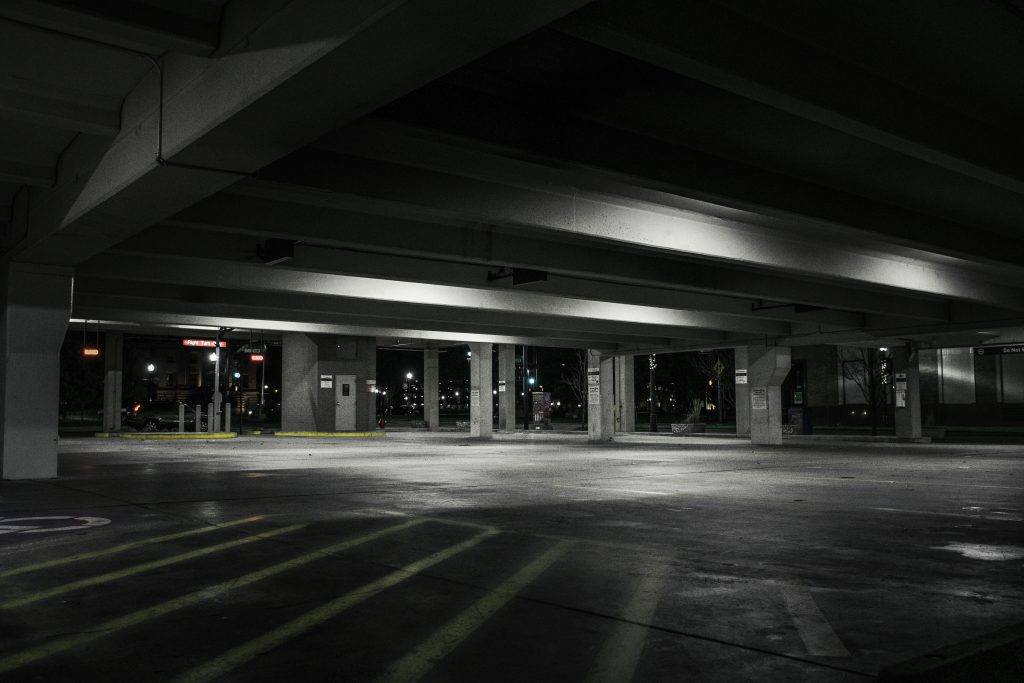 This case delves into a courtroom clash that spilled over into a legal battle, raising questions about the appropriateness of summary judgment when factual disputes remain at the heart of the matter.
This case delves into a courtroom clash that spilled over into a legal battle, raising questions about the appropriateness of summary judgment when factual disputes remain at the heart of the matter.
Case Background
Felix DeJean, an attorney, got into a physical altercation with District Attorney Bradley Burget while discussing a case in a judge’s chambers. DeJean was later convicted of simple battery in a criminal trial. He then filed a civil lawsuit against Burget, seeking damages for injuries sustained in the altercation. Burget claimed he acted in self-defense, arguing that DeJean was the aggressor. The trial court granted summary judgment in favor of Burget, dismissing DeJean’s case.
 Louisiana Personal Injury Lawyer Blog
Louisiana Personal Injury Lawyer Blog


 The following case explores the concept of “permissive use” in the context of uninsured/underinsured motorist (UM) insurance coverage. Specifically, it examines whether a son, given a company truck for work and personal use, had the authority to grant his father permission to drive the vehicle, thereby extending UM coverage to the father under the company’s policy.
The following case explores the concept of “permissive use” in the context of uninsured/underinsured motorist (UM) insurance coverage. Specifically, it examines whether a son, given a company truck for work and personal use, had the authority to grant his father permission to drive the vehicle, thereby extending UM coverage to the father under the company’s policy. A celebratory night out turned into a nightmare for Reuben Ellis when he was shot in a parking lot after attending a friend’s wedding reception at Bella Noche nightclub. Ellis’s quest for justice led him to sue not only the nightclub but also the property owner, Plaza Holdings, LLC. This legal battle highlights the complexities of premises liability and the extent to which property owners are responsible for the safety of their tenants’ patrons.
A celebratory night out turned into a nightmare for Reuben Ellis when he was shot in a parking lot after attending a friend’s wedding reception at Bella Noche nightclub. Ellis’s quest for justice led him to sue not only the nightclub but also the property owner, Plaza Holdings, LLC. This legal battle highlights the complexities of premises liability and the extent to which property owners are responsible for the safety of their tenants’ patrons. In the world of industrial contracts, the devil often lies in the details – especially when it comes to indemnity clauses. These clauses determine who bears the financial responsibility if something goes wrong, and they can be a source of heated legal battles. This is precisely what happened in the case of
In the world of industrial contracts, the devil often lies in the details – especially when it comes to indemnity clauses. These clauses determine who bears the financial responsibility if something goes wrong, and they can be a source of heated legal battles. This is precisely what happened in the case of  In a recent decision, the
In a recent decision, the  In a stark reminder of the importance of procedural precision in the legal world, the
In a stark reminder of the importance of procedural precision in the legal world, the  In a recent decision by the
In a recent decision by the In a recent ruling, the
In a recent ruling, the  In a recent decision by the
In a recent decision by the  In a recent decision, the Louisiana Court of Appeal reversed a summary judgment granted in favor of attorneys in a legal malpractice lawsuit. The case, highlights the critical distinction between contractual and delictual claims in insurance disputes and the potential impact on the applicable statute of limitations.
In a recent decision, the Louisiana Court of Appeal reversed a summary judgment granted in favor of attorneys in a legal malpractice lawsuit. The case, highlights the critical distinction between contractual and delictual claims in insurance disputes and the potential impact on the applicable statute of limitations.